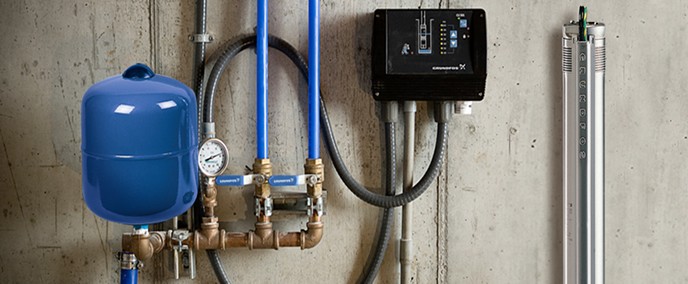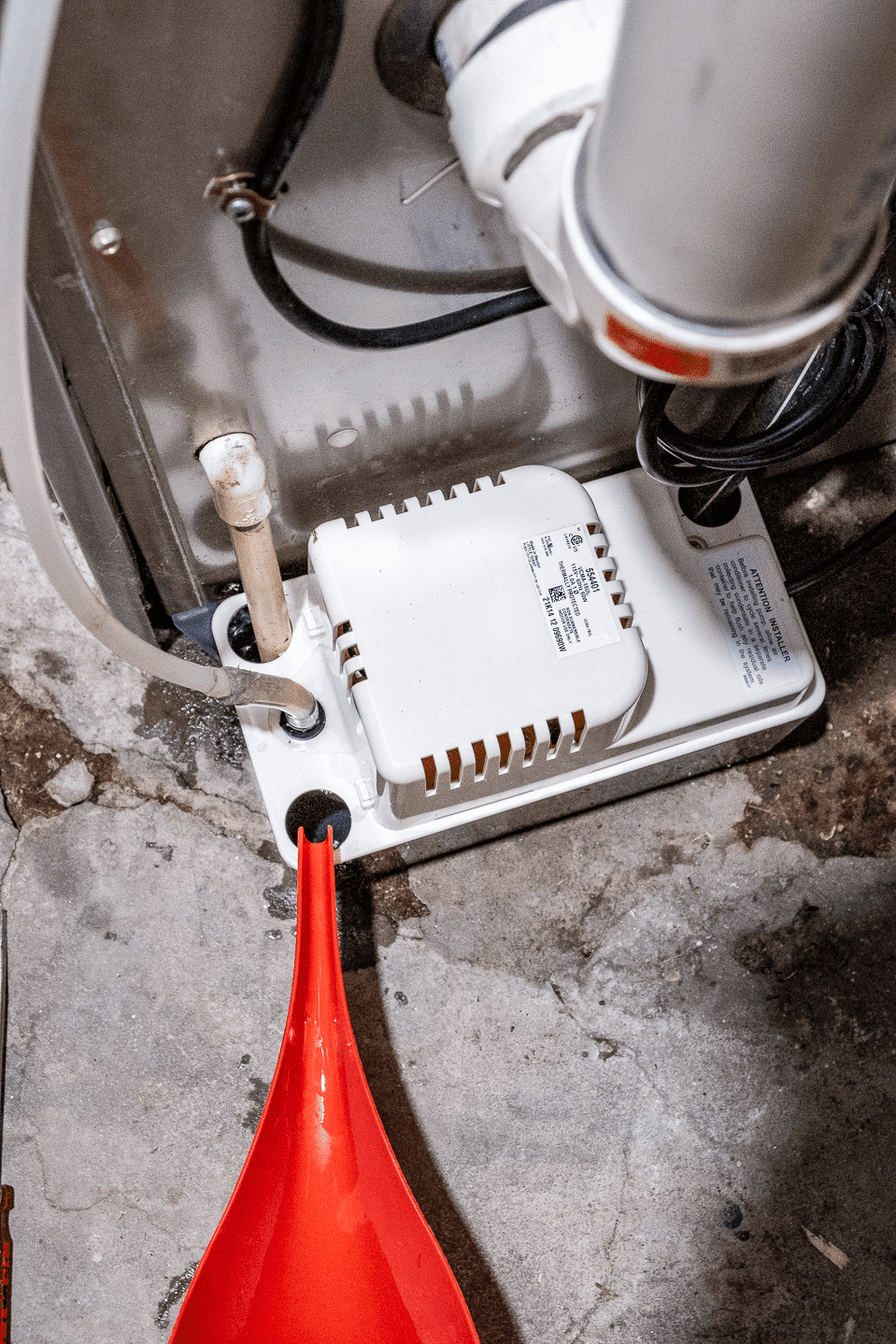Expert Pump Repairs & Installation Services: Enhancing Your Water System's Effectiveness
Expert Pump Repairs & Installation Services: Enhancing Your Water System's Effectiveness
Blog Article
Understanding the Key Components of Effective Water Filtration Systems

Value of Water Filtering Systems
Water purification systems play a critical function in making sure access to tidy and safe drinking water by properly getting rid of contaminations and pollutants. These systems are necessary in attending to the growing problems over water high quality and the possible health and wellness threats related to consuming infected water. By utilizing numerous filtration mechanisms such as reverse osmosis, triggered carbon, and UV sterilization, water filtering systems can efficiently get rid of hazardous materials like bacteria, infections, hefty metals, and chemicals from the water.
Furthermore, water purification systems assist to boost the taste and smell of water by eliminating chlorine, sediments, and various other pollutants that can impact its top quality. Pump repairs & installation. This enhancement in water top quality not only makes it much more palatable but likewise encourages people to consume an ample amount of water daily, promoting much better hydration and general wellness
Kinds Of Filtration Components

Physical filters are developed to physically stress out contaminations from the water. These filters can be made of materials like ceramic, carbon, or perhaps sand, and they work by capturing bits bigger than the filter's pores as water passes via.
Chemical filters use different chemical processes to eliminate impurities from the water. Instances consist of turned on carbon filters, which adsorb contaminations, and turn around osmosis membrane layers, which use pressure to separate contaminants from the water.
Biological filters utilize living organisms like algae or bacteria to break down organic matter and pollutants in the water. These filters are typically utilized in wastewater treatment plants or natural water purification systems.
Understanding the different sorts of filtration components is essential for selecting the most suitable water filtration system for specific filtration demands.
Feature of Debris Filters
Sediment filters play an important function in water filtering systems by efficiently catching solid particles suspended in the water. These filters are typically the initial line of protection in a purification system, eliminating bigger bits such as sand, silt, dirt, and corrosion prior to the water moves through finer purification stages. By trapping these sediments, the filters stop them from reaching downstream components, hence prolonging the life expectancy and efficiency of the whole system.
The feature of sediment filters is essential in preserving water quality and shielding sensitive equipment from damages brought on by particles. Furthermore, by removing noticeable particles, debris filters improve the clarity and preference of the water. Frequently replacing or cleaning up sediment filters is vital to make sure optimal efficiency. Neglecting this upkeep can lead to blocking, reduced water circulation, and jeopardized filtering efficiency. Generally, debris filters are vital components that contribute significantly to the efficiency of water purification systems.
Duty of Activated Carbon Filters
Playing an important duty in water filtration systems, triggered carbon filters contribute in removing impurities and pollutants from the water. These filters are designed to adsorb and trap a vast array of toxins, consisting of chlorine, volatile organic compounds (VOCs), pesticides, and herbicides. The triggered carbon product has a huge surface area, enabling the efficient trapping of pollutants with a procedure called adsorption. As water travels through the filter, the turned on carbon brings in and holds onto the impurities, guaranteeing that the water that comes out beyond is cleaner and much safer for usage.
Activated carbon filters are extremely reliable at boosting the taste dig this and smell of water by reducing chemicals that can affect its quality. They are likewise qualified of eliminating specific heavy steels like lead and mercury. Furthermore, these filters can help prevent the build-up of germs and algae in water, further boosting its general quality. As a result of their convenience and integrity, triggered carbon filters are an essential component in making sure that water is cleansed to the highest requirements before getting to consumers.
Understanding Reverse Osmosis Equipments
Reverse osmosis systems are sophisticated water filtering systems that employ an innovative process to get rid of contaminants and pollutants from alcohol consumption water. These systems work by using pressure to the water, compeling it through a semi-permeable membrane. This membrane layer acts as an obstacle, permitting only distilled water particles to go through, while obstructing bigger molecules such as minerals, chemicals, and other More Help contaminations. Therefore, the water that comes out beyond is considerably cleaner and more secure for intake.
In addition, reverse osmosis systems are fairly low-maintenance and can be set up under the sink or in a central filtration system, giving hassle-free access to clean water throughout the family. Generally, comprehending how reverse osmosis systems function can assist individuals make educated decisions concerning their water purification requirements.
Conclusion
Finally, reliable water filtering systems are essential for guaranteeing clean and secure alcohol consumption water. The key parts of these systems include sediment filters, triggered carbon filters, and reverse osmosis systems. By recognizing the function and duty of each element, people can make educated choices when picking a water purification system. It is necessary to prioritize the high quality of water in order to promote total wellness and wellness.
Water purification systems play an important duty in making certain access to safe and tidy alcohol consumption water by efficiently getting rid of contaminations and impurities. By utilizing different purification mechanisms such as reverse osmosis, triggered carbon, and UV sanitation, water purification recommended you read systems can efficiently get rid of unsafe substances like germs, infections, hefty steels, and chemicals from the water supply.
Sediment filters play an essential function in water purification systems by effectively capturing solid bits suspended in the water (Water Softeners).Playing a crucial function in water filtering systems, activated carbon filters are critical in getting rid of contaminations and impurities from the water supply.Reverse osmosis systems are innovative water purification systems that use a sophisticated process to remove contaminants and impurities from alcohol consumption water
Report this page